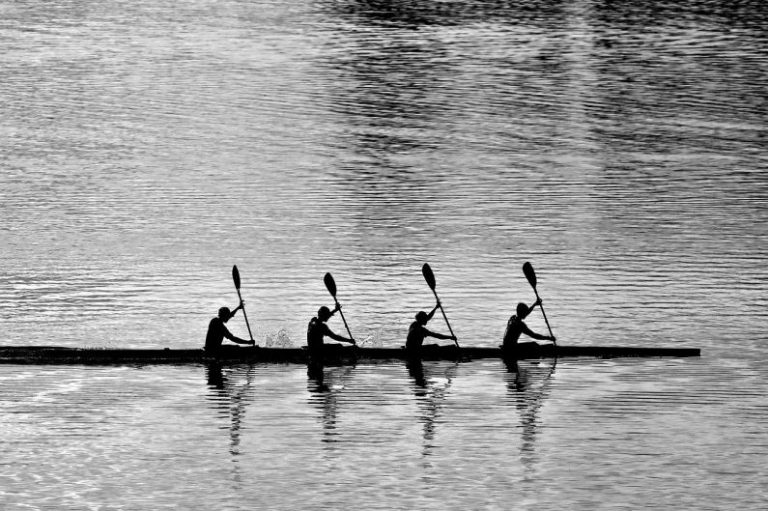
After crossing the finish line of a race, whether it’s a marathon, a triathlon, or a local 5k, it’s natural to want to assess your performance. Analyzing your race can provide valuable insights into your strengths and weaknesses, helping you make improvements for future events. So, how can you effectively evaluate your performance post-race?
Reflect on Your Race Day Strategy
One of the first steps in analyzing your performance is to reflect on your race day strategy. Consider aspects such as your pacing, nutrition, hydration, and mental preparation. Did you stick to your race plan, or did you deviate from it? Were there any specific moments during the race where you felt particularly strong or struggled? By reviewing your strategy, you can identify what worked well and what areas may need adjustment.
Assess Your Timing and Results
Next, take a close look at your timing and results. Review your official race time, splits, and any data provided by timing devices or apps. Compare your performance to your goals and expectations. Did you achieve the time you were aiming for, or did you fall short? Analyzing your timing and results can help you understand where you stand in relation to your current fitness level and what you need to work on for future races.
Evaluate Your Physical and Mental State
Another crucial aspect of post-race analysis is evaluating your physical and mental state during the event. Consider how you felt throughout the race – were you well-rested and properly fueled, or did you struggle with fatigue and lack of energy? Reflect on your mental focus and mindset – did you stay positive and motivated, or did you face mental barriers that affected your performance? Understanding how your physical and mental state influenced your race can guide you in making adjustments for upcoming events.
Review Your Training Leading Up to the Race
To gain a comprehensive understanding of your race performance, it’s essential to review your training leading up to the event. Reflect on your training plan, the volume, intensity, and specificity of your workouts, as well as any cross-training or recovery strategies you implemented. Did your training adequately prepare you for the demands of the race, or were there areas where you could have improved? Analyzing your training can help you identify what worked well and what adjustments you need to make for future race preparations.
Identify Areas for Improvement
As you analyze your performance post-race, be proactive in identifying areas for improvement. Whether it’s refining your race day strategy, adjusting your training plan, focusing on mental preparation, or addressing specific weaknesses, recognizing areas where you can grow is key to progressing as a runner or triathlete. Set realistic goals based on your analysis and create a plan to address the areas that need improvement.
Develop an Action Plan for Future Races
Finally, use the insights gained from your post-race analysis to develop an action plan for future races. Based on your reflections, timing, physical and mental state, and training review, outline specific steps you will take to enhance your performance. This could include adjusting your pacing strategy, incorporating more strength training, refining your nutrition and hydration plan, or working on mental resilience. By creating a targeted action plan, you can set yourself up for success in your next race.
In summary, analyzing your performance post-race is a valuable practice that can help you grow as an athlete. By reflecting on your race day strategy, assessing your timing and results, evaluating your physical and mental state, reviewing your training, identifying areas for improvement, and developing an action plan for future races, you can optimize your performance and achieve your athletic goals. So, next time you cross the finish line, take the time to analyze your race – the insights you gain will propel you forward in your athletic journey.





